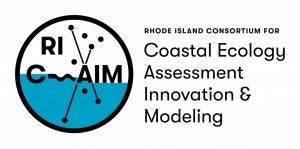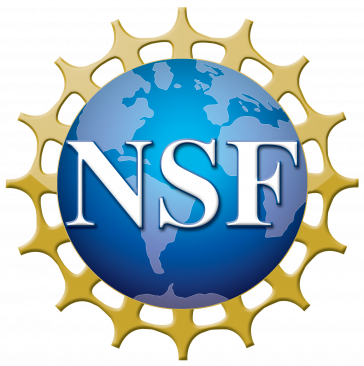June 4, 2021
10am – 11:30am ET
Virtual Program
The C-AIM SURF program is designed to provide positive, and, hopefully, formative, research experiences to undergraduate students. Given that goal, it is critical that SURF mentors are prepared to guide these students effectively to help them make the most of the opportunity.
To support C-AIM’s workforce development objectives, all SURF mentors are required to attend mentorship training.
To this end, Metcalf Institute held a June 4 webinar with Dr. Valerie Sloan, Senior Higher Education Specialist at the National Center for Atmospheric Research (NCAR) and Director of the GEO REU Network, and Dr. Rebecca Batchelor, co-lead of the GEO REU Network and Education and Outreach Associate at the University of Colorado, Boulder.
Dr. Sloan is a geologist and a national leader in efforts to offer undergraduate students the best possible research experiences through professional development for REU faculty mentors. Dr. Batchelor is an atmospheric scientist and educator with a focus on mentoring, undergraduate research, and building supportive communities to increase participation in STEM. Dr. Batchelor also runs the Significant Opportunities for Atmospheric Research and Science (SOARS) program at the National Center for Atmospheric Research in Boulder Colorado, serving as a Co-PI of the Sparks for Change project focused on supporting early-career minority faculty, and most recently, serving as an adjunct professor in support of the Puerto Rican Outstanding Undergraduate Diversified Program at the University of Puerto Rico Humacao, where her focus is on faculty development.
In this 1.5-hour workshop, Drs. Sloan and Batchelor shared best practices for mentors of summer undergraduate research fellows and discussed the special concerns students and mentors may have to navigate at this stage in the COVID-19 pandemic to provide the most supportive environment for undergraduate researchers after a challenging and exhausting year. Come ready to ask questions!
Mentoring Resources
This short article written by undergraduates presents student perspectives on the five most important qualities in a mentor.
See also:
- Guidance for faculty & staff supporting student well-being in a virtual campus environment.
- Online help guide
- PDF of cheat sheet
Guidance on Supporting Student Well-being
Please refer to the following resources for guidance on how to support student well-being at this time. Also attached is a document with various tools that you can use to discuss logistics, communication, and mentoring with your student.
1. The Stanford University Red Folder: Guidance for faculty and staff supporting student well-being in a virtual campus environment.
Scroll down on this page for advice on topics such as:
- What challenges are students experiencing right now?
- How do I let students know that I care about them, and that they can talk to me?
- How can I be responsive to students’ needs?
- How to respond to a student in distress?
2. How Kindness is Part of a STEM Education by Mica Estrada, 2021, AAAS.
3. The Science of Effective Mentoring in STEMM from the National Academy of Sciences, Engineering and Medicine. This includes podcasts, an online guide, publications, and proceedings of a workshop.
This work is supported by the National Science Foundation under EPSCoR Cooperative Agreement #OIA-1655221. Any opinions, findings, and conclusions or recommendations expressed in this material are those of the author(s) and do not necessarily reflect the views of the National Science Foundation.


